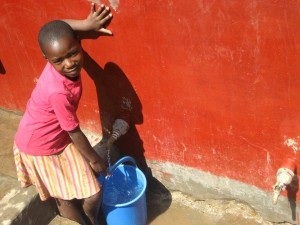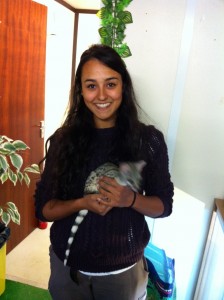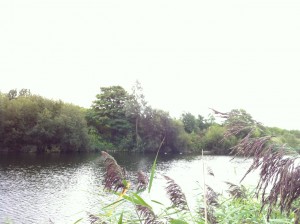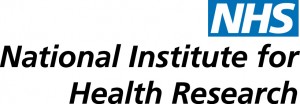Week 2 at The Long Well Walk
This week has felt like a crash course in ‘How To Be A Teacher’.
It’s been a week spent scouring the internet for tips, guides, lesson plans, activity ideas and any information that I can find on how to keep 7-16 year olds engaged and entertained while educating them on some really quite sensitive subjects. You would think this would be easy, given that I’ve been to school myself, I should remember this stuff, right? Wrong. How on earth do you keep a child busy for a whole hour?! And then do that 4 or 5 times in one day….
Somehow though, I’ve managed to come up with activities, lesson plans, games and exercises ready to flesh out into the programmes. Although this has meant many an hour sat pouring over the web, in front of a screen, snacking on pistachio nuts and looking longingly out the window at the sunny weather, I have also had a weird amount of fun allowing my creative side out: playing on BBC bitesize and trying out the maths puzzles about water buckets.
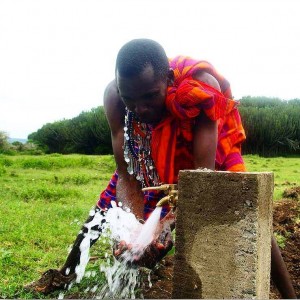
The idea is that the activities will educate the children on the important issues associated with The Long Well Walk, while also incorporating the National Curriculum and therefore making our programme as appealing as possible to teachers. In addition to this, we have to ensure that the materials packs we will be providing for them to teach the lesson with cover absolutely everything they could need: Learning objectives, success criteria, time scales, differentiated tasks, extension tasks, alternative tasks…. Yeah, it’s been a long week. However to make sure that we get schools on board, we have to convince the teachers that the Outreach Programme isn’t just going to be a heap of more work for them.
Already, the scheme seems to be falling into place. At the end of this week we now have clear programme options to be offered to schools: one day, one week or full year options, as well as lesson ‘water drops’ – lesson starters which are to be used throughout the year alongside normal lessons as snippets of information and reminders of The Long Well Walk to the students. Of course, we also have a million and one fundraising ideas for the schools to carry out as at the end of the day, projects can’t go forwards without spending pennies – next week will be spent stringing it all together and actually getting some structure!
